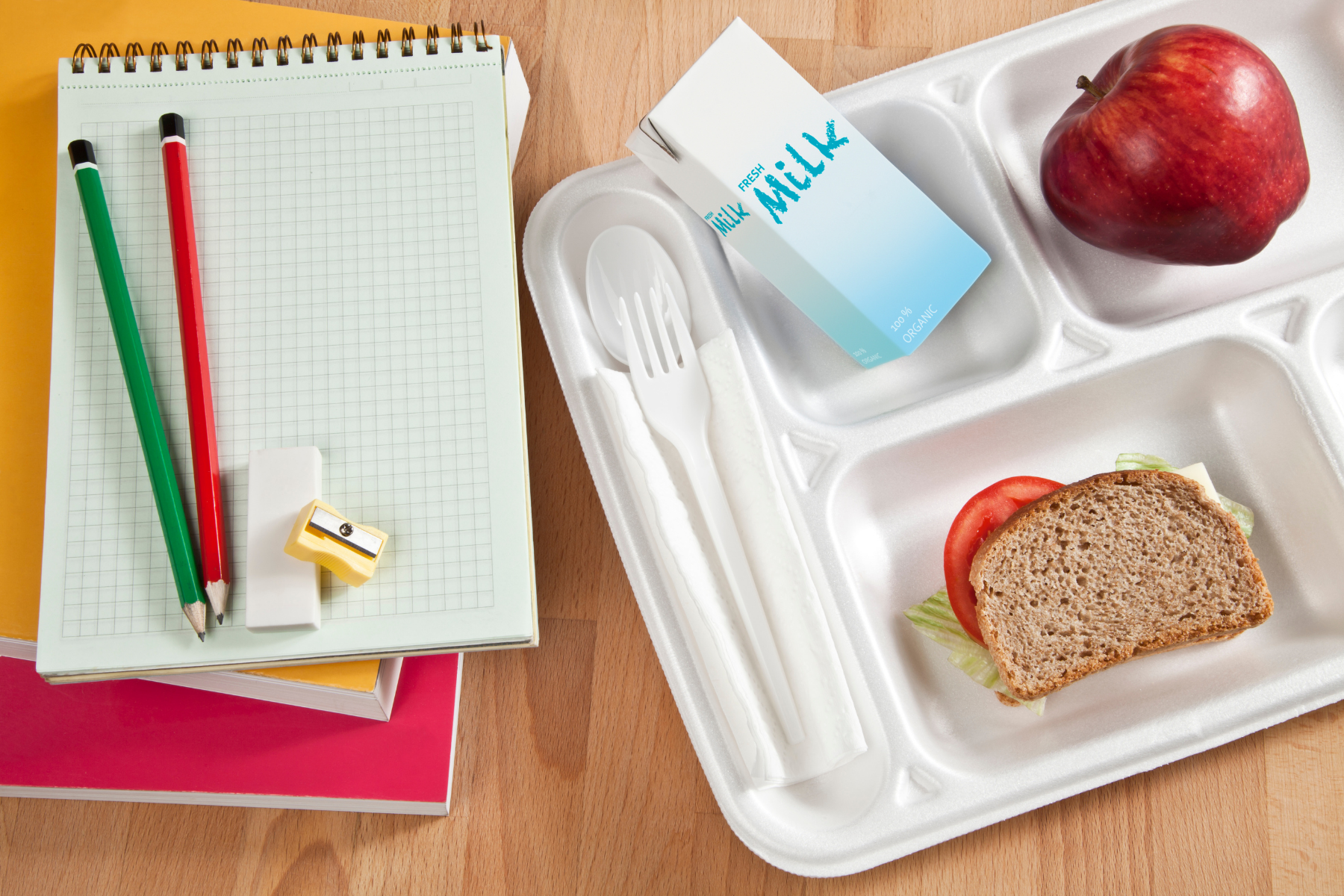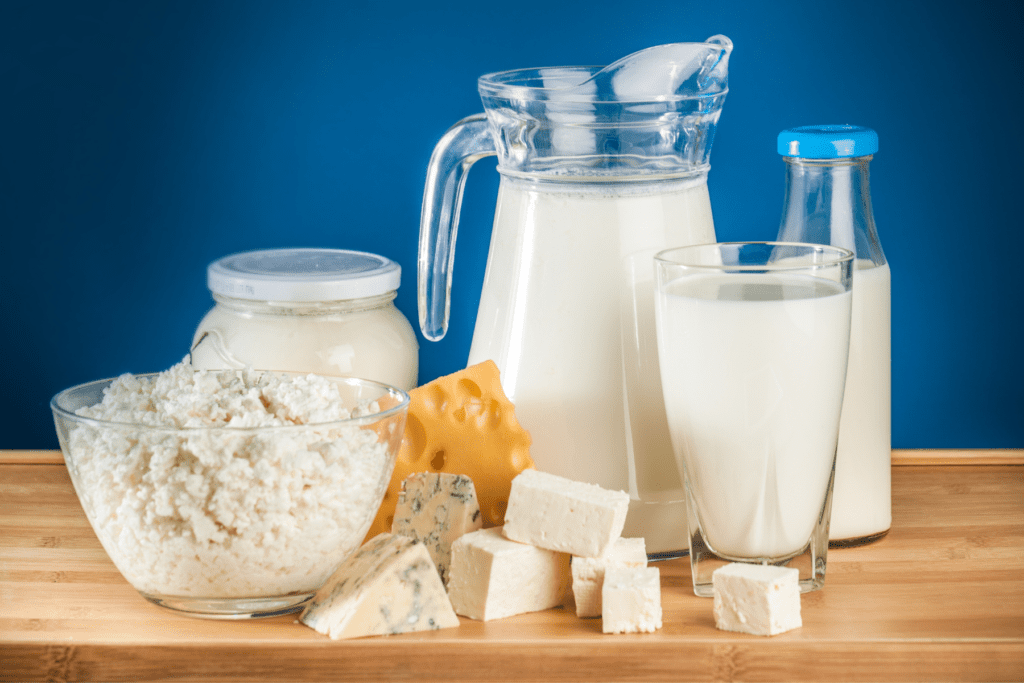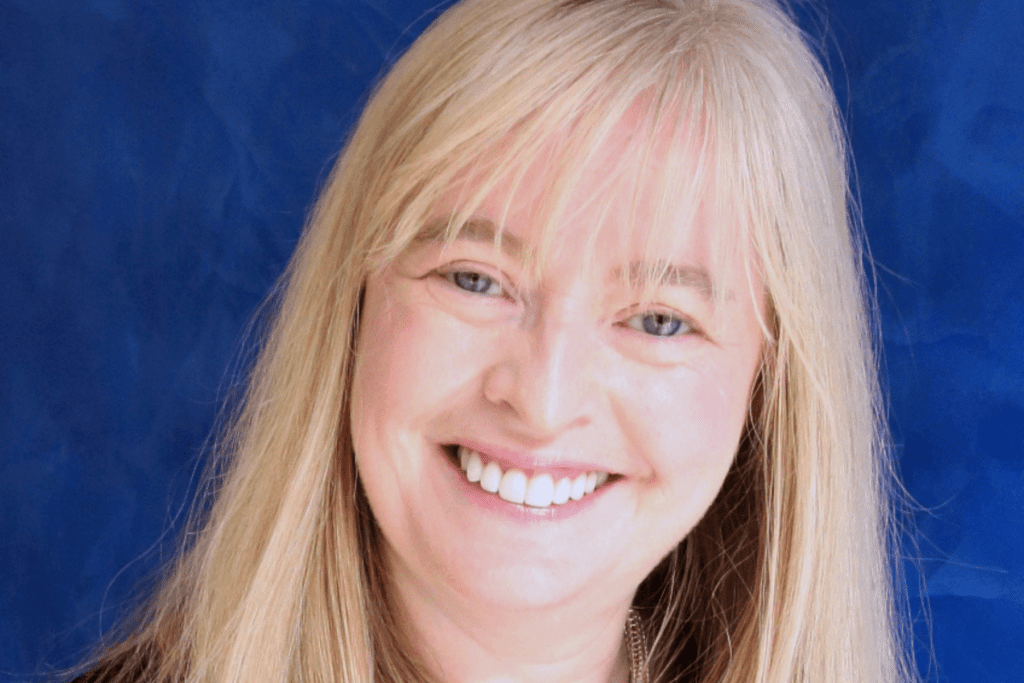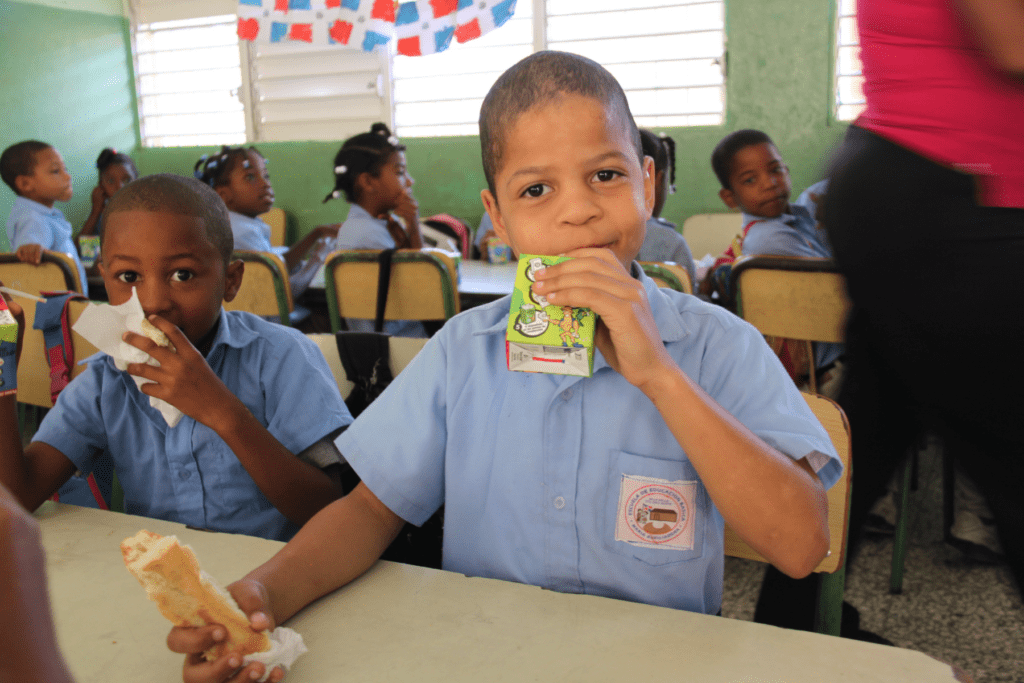 As we approach the release date of the new IDF bulletin on worldwide school milk programmes, Consuelo Fuentes, Ingeniero Agrónomo at Consorcio Lechero in Chile, gives an overview of the history of school milk in the country, its importance to child health and how state programmes have evolved over the years.
As we approach the release date of the new IDF bulletin on worldwide school milk programmes, Consuelo Fuentes, Ingeniero Agrónomo at Consorcio Lechero in Chile, gives an overview of the history of school milk in the country, its importance to child health and how state programmes have evolved over the years.
Without a doubt, the consumption of dairy products is essential for the proper physical and intellectual development of children: scientific evidence proves it. But the habit that these children must acquire to consume certain foods is strongly marked by socio-cultural aspects, which often transcend to economic and even political ones. The social scenarios differ greatly between countries, so I would like to share what is the reality of my country, Chile, a small country in the south of the world, which in the mid-twentieth century had the lowest parameters of malnutrition and infant mortality of the Latin American region, and that nowadays has completely reversed – mostly thanks to milk.
Creation of the “Gotas de Leche”
In the early 1900s Chile was affected by high rates of malnutrition and infant mortality. As a result of this situation, “Gotas de Leche” (translation: “milk drops”) were created, which were centres that offered education, medical care and food to mothers and infants. They gave milk to infants who needed it. Thanks to these private initiatives that began to be replicated in different parts of the country, state policies around childcare started to be a subject of discussion. In the 1930’s a law was passed that included the delivery of milk to all children under 2 years.
“School milk programmes teach children the importance of a healthy and balanced diet incorporating dairy products and create a feeding habit that impacts not only their development, but also on their future health”
At the beginning the quantity of milk delivered was limited, but gradually it was increased, reaching the total population in 1974. Prior to the 1960’s Chile had the highest level of infant and preschool mortality in Latin America, with child malnutrition levels at around 37%. To address this, a whole agricultural and industrial incentive project was necessary to produce more milk in Chile, to meet processing and logistical requirements. In 1970, a state programme for the delivery of half a litre of milk per day for children began, which not only improved their nutrition, but also encouraged mothers to approach health centres, vaccinate their children and improve their health. Subsequently, the delivery of milk to children in schools began to be implemented within the school feeding programme. In 2002, malnutrition had decreased to 3.7%, which attracted the attention of economists since this situation was no longer related to the socioeconomic status of the country. Currently, Chile has managed to reduce child malnutrition levels below 2%.
Creation of healthy habits to last a lifetime
In Chile socio-economic and political initiatives were needed to fight infant malnutrition for almost a century and fortunately generated successful results. I think that through the education of children, important habits for society can be acquired. School milk programmes are very relevant initiatives that may be used to teach children the importance of a healthy and balanced diet incorporating dairy products and creating a feeding habit that not only will have an impact on their development during childhood and adolescence, but also on their future health when adults.
The new challenges have to do with educating children, the future generations, about concepts of sustainability, recycling and environmental awareness. The scientific evidence about this matter is increasing and dairy products have been positioning themselves well in this scenario. Now our job will be for this to be acquired on a social level, and for that the school milk programmes will be a fundamental tool as well.
For more information on IDF’s upcoming bulletin on school milk, contact Laurence Rycken, IDF Science and standards programme manager











